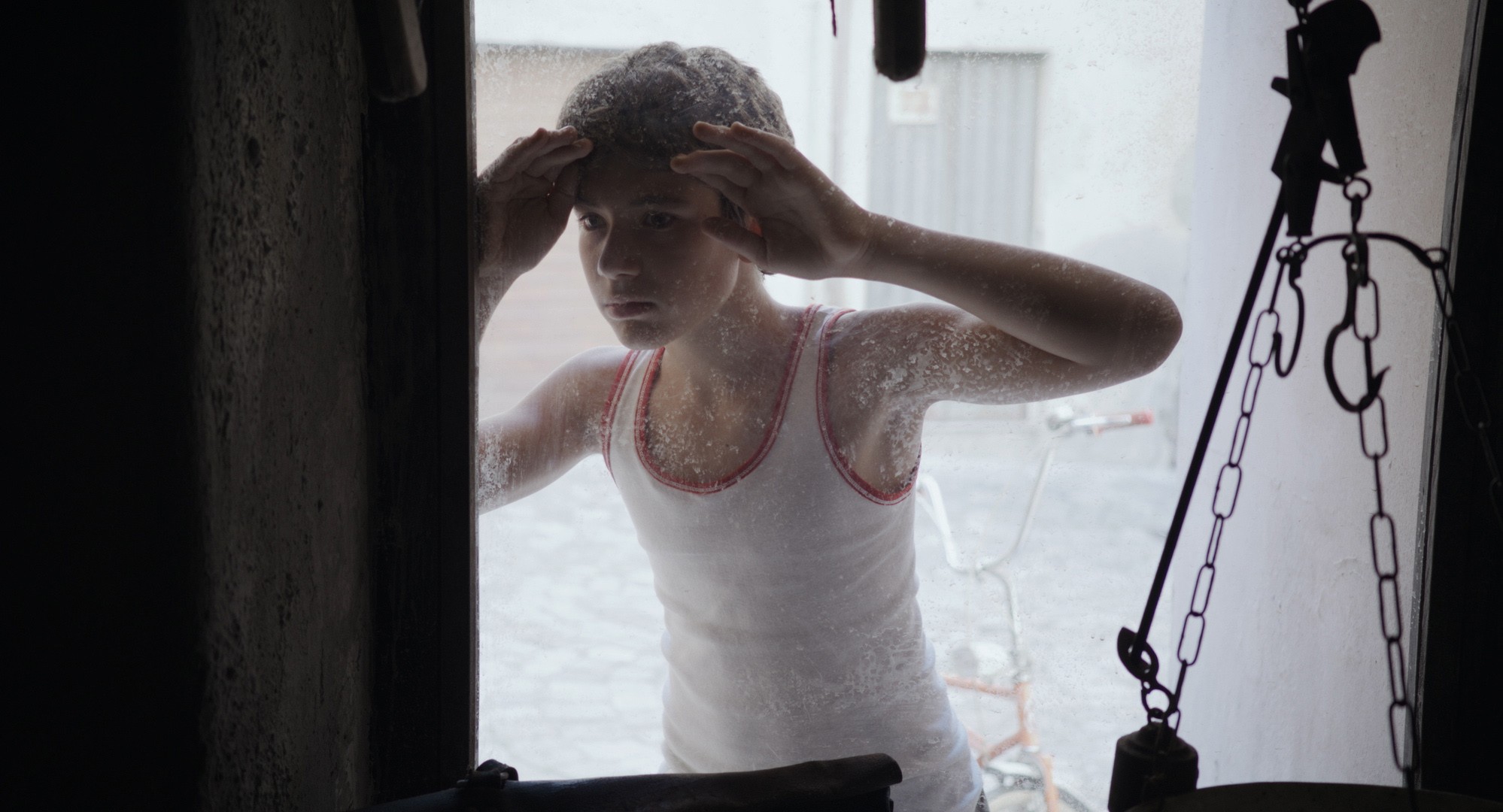
- Interviews
Antonio Bigini on “The Properties of Metal”
The first person that comes to mind when one thinks of the art of metal bending is Uri Gellar, a popular magician and self-described psychic legendary in the 1970’s. The Israeli born entertainer claimed to have paranormal powers and through his psychokinetic feats, he could bend spoons, nails, and keys using the power of his mind. But he wasn’t the only one.
In fact, Italy seems to be the country that popularized the skill. Paride Giatti and Orlando Bragante were two of the most famous, the latter reported to have bent cutlery enclosed in a sealed box. Other countrymen who laid claim as metal-benders include Lucia Allegretti, Sandro Gasperini and Giovanni d’Emilio.
So, who better than an Italian, Antonio Bigini, to tackle the subject in his debut film, The Properties of Metal. Based on true accounts, the film stars Martino Zaccara playing a young boy (Pietro)who apparently has the ability to bend metal. When word of the boy’s psychokinetic abilities travels far beyond the borders of the small Italian village, it attracts the attention of a university professor (David Pasquesi), who starts paying regular visits to observe the veracity of his skills. Pietro comes from a poor family, who might be able to escape poverty through his unique abilities.
Debuting in Berlin for the 2023 Film Festival, the HFPA sat down with Bigini to talk about the film, the skeptics of the paranormal and what the festival means to him.
How important is it for you to have your film showcased in Berlin?
It’s a big honor for me to be here with my debut film. I am particularly happy to share this gift with my crew and also with my young actors, who will be joining us at the festival. And of course, I am happy to share my film, to present my film in front of the Berlin audiences.
Many people are skeptical of the paranormal. While there have been people before who claimed to have this gift, people still have cause to question. In this film, using such a young boy, you have cleverly hidden his ability from the audience. We cannot see him do what he claims to do. Is it really happening? Is that an easier way to help an audience believe?
The film is presented as a question without an answer. It’s really up to the audience to decide the answer because maybe if you believe in these kinds of things, you see one kind of a movie, but if you don’t believe you see another kind of movie. So, it’s really up to the audience. I left the answer open. The main core of the film is these kinds of mysteries that there are, so I don’t have an answer, I just have a question.
The child seems unfazed by his skills but the adults seem to wait to exploit them.
It’s of course about this, it’s about this exploitation, and it’s really about this expectation. So, at the very beginning when I made this story, which is inspired by a true story, what really struck me is how these children must have felt, the emotions they had gone through. And like scientists, they were like mice put into a lab. I really thought about the pressure they had and they were asked to perform as paranormal performers. This really struck me and it was also the reason why I decided to make this movie, to tell it from the point of view of one of these children.
For this to work, you had to put a lot of faith in your protagonist Pietro. How challenging was it to find a young boy like that?
You know, as long as you cast correctly, it’s not so complicated to work with children because they don’t perform, they just are, they simply are, they exist. And especially Pietro was good from the first take. It was easy to work with him. And also, children bring some kind of joy and play on the set, so it was really good and nice to work with Pietro, I mean Martino, who is the actor who played the role of Pietro. One other thing that I want to say is that working with children really pushes you to do better, it really confronts you with your emotional truth. If I made a false step, they can’t perform, they really can’t. They really push you to do better and Pietro really did it.
The film of course is about adults and children, it’s about the relationship between a father and a son and in particular about the expectations we project on children as adults. But it’s not only about this, it’s also about the mystery of nature and maybe also the limits of human knowledge while the child at the end finds his way in the world.